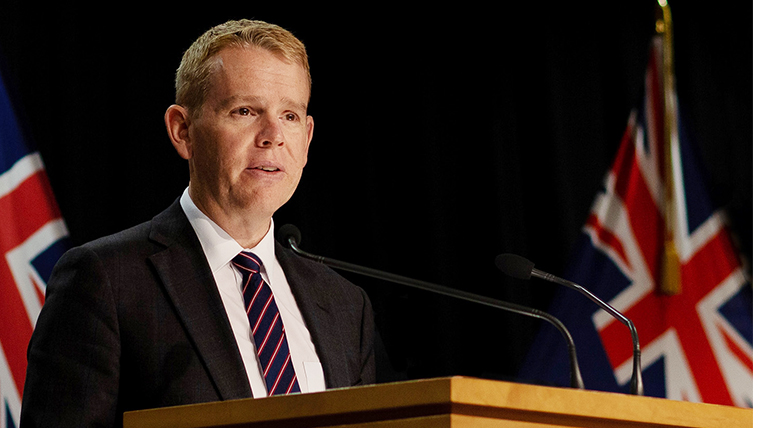
28 Apr The ‘no frills’ Budget: What can New Zealand expect?
We are just weeks away from Prime Minister Chris Hipkins’ first Budget after he took over the ninth-floor office earlier this year.
May 18 might be circled on the calendar as the big day, but this week, there was another important date: his first pre-Budget speech in Auckland. It is also no coincidence he delivered this address at a business event in Auckland, continuing with a clear and visible effort to get businesses on-side. They are usually closer to National, and PM Hipkins has an obvious strategy to give business confidence he can manage the books.
Describing it as ‘no frills’, and ruling out a wealth tax, capital gains tax and a cyclone levy, the Prime Minister has dropped a few breadcrumbs for New Zealand on the trail to the Budget with this speech. Let’s be honest, this Budget is not one any Government would want to deliver in election year, especially as some will almost expect a lolly scramble.
So, what’s in store?
The tone has been set
The first pre-Budget speech has allowed the PM to set the scene for what might lie ahead. In his remarks, he emphasised there will be a strong focus on the cost of living. We will have to wait a few weeks to find out exactly what that looks like, but we can expect some subsidies or extra support for middle and low incomes earners, and possibly even targeted support for students.
Consistency on this matter will be important for him leading into the election, as many voters grapple with the cost-of-living crisis every day. As far as managing expectations: so far, so good. Using the Budget to alleviate pressures on households will be vital, as voters ascertain if they want him back in the top job after October’s vote.
Pre-Budget announcements are already underway with funding for primary health care and support for the struggling sector confirmed this week.
Buckle in, the ‘no frills’ breadcrumbs will drop most weeks between now and the big day.
It’s all about skills, science, and infrastructure
The Prime Minister emphasised that these areas will be taking centre stage in this year’s Budget. In his remarks, he acknowledged his view that these areas will help to grow the country’s economy and add further security.
He’s re-emphasised a commitment to training and acknowledged a need to do more for infrastructure beyond the extensive cyclone recovery. But what does that mean for the Budget?
It means everything else will struggle to get a look in as the wallet is light on cash, and the cyclone and flood recovery will be used to further dampen down expectations.
The real question is how far the Government is prepared to go in building back better and whether they’ll look to borrow for that. New Zealand already faced a roading network under massive pressure and an ever-increasing number of potholes, now the costs to fix our roads and infrastructure has increased again.
Again, this is not something you want to be announcing in a pre-election Budget, but that’s the case for Hipkins and co.
“The best little trading nation in the world”
The PM also gave a glimpse into his directions and his motivations with these eight words. This is what he wants to achieve, and he’ll be making decisions to ensure he has the best chance to make it possible.
He has highlighted safer communities, enabling young people to meet their potential and a clean environment as key factors to achieving this. In doing so, he’s also given some hints about other focus areas we might see come May 18.
These aspects, particularly safer communities, are important to voters who will be weighing up which ballot box to tick later this year.
As for his aspiration on best little trading nation in the world… Well, the stats don’t make for good reading currently. We import way more than we export and changing that quickly is tricky. However, one of our biggest sectors pre-COVID-19 is ripe for the taking – the return of international students – maybe this is an area we will see the Government try to accelerate.
Wrapping up his speech in Auckland, Chris Hipkins admitted to being “energised” by his government’s Budget, promising it will provide support, security, and hope. He did so with a straight face (just).
We’ll be keenly following along, with May 18 circled in our calendars too, to see if this ‘no frills’ Budget delivers, and what, if any, sweeteners are added on top.